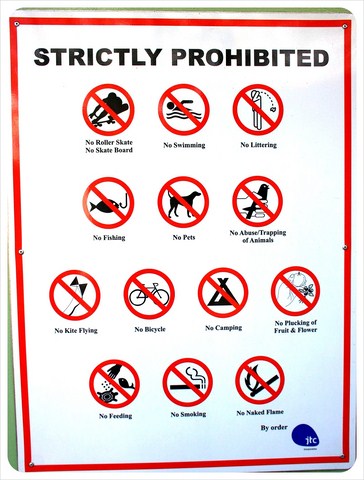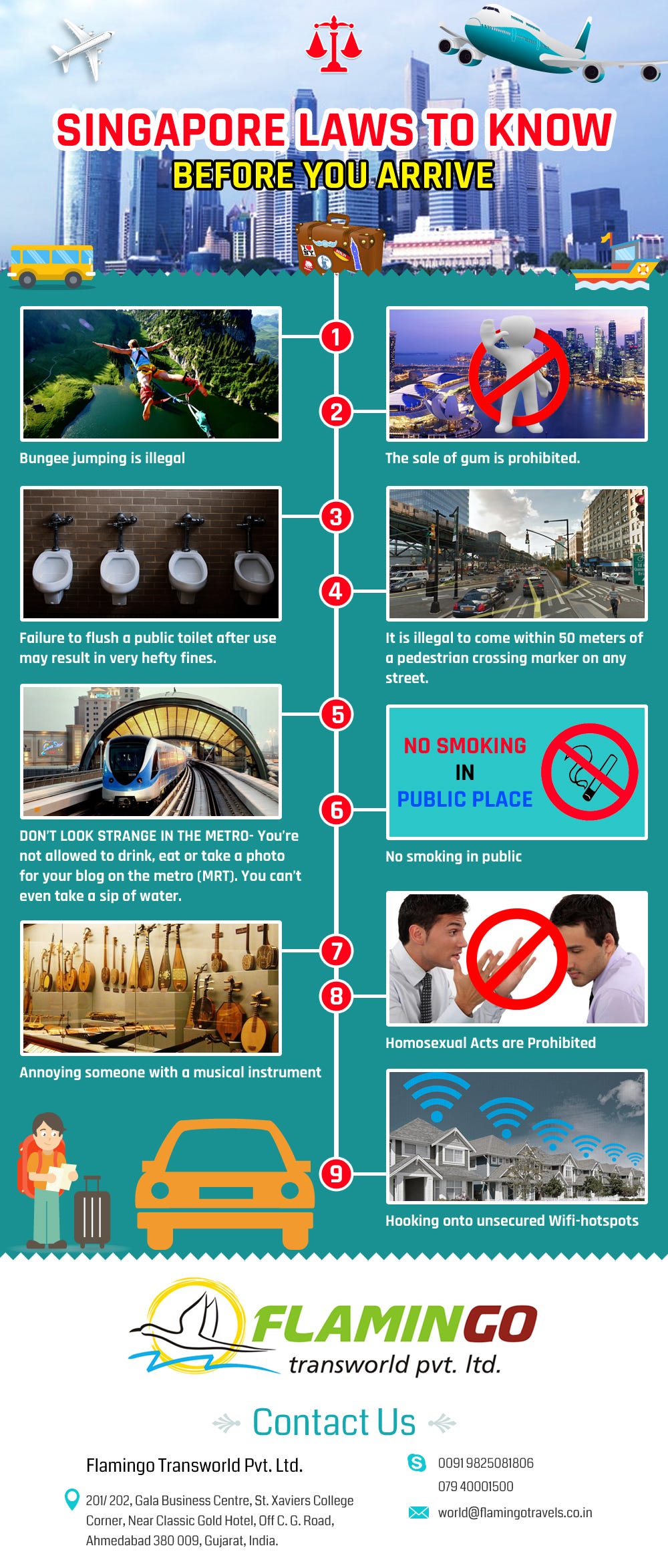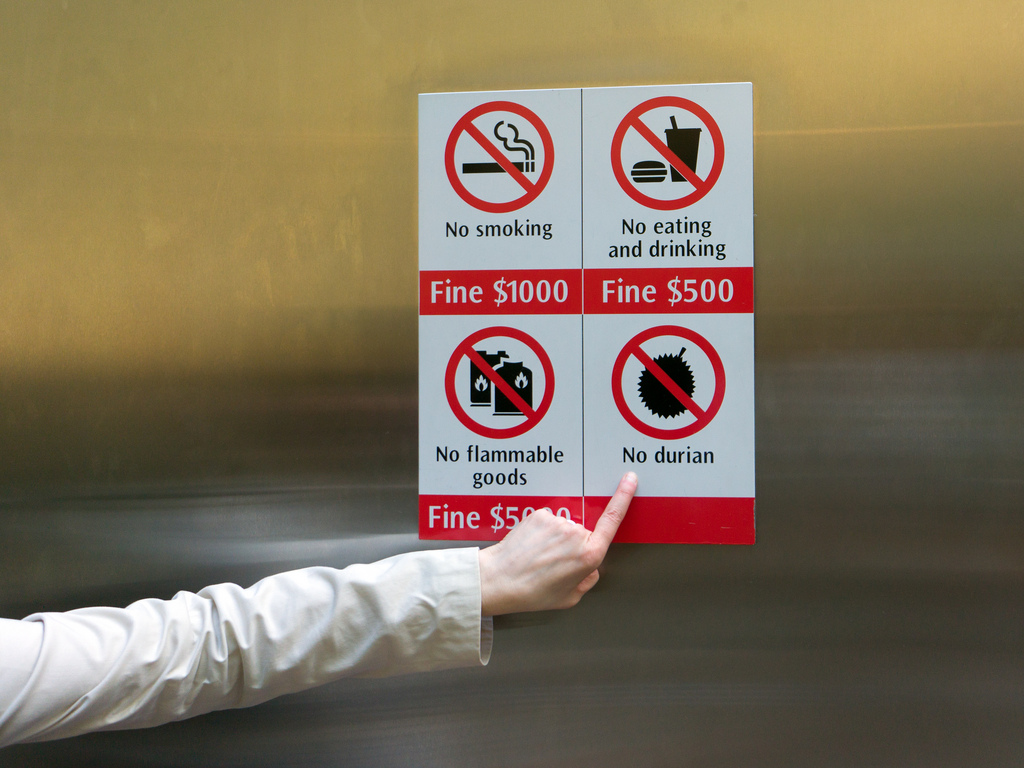Singapore is a vibrant city-state known for its lush gardens, modern architecture, and rich multicultural heritage. For travelers contemplating a visit to this island nation, understanding the rules and regulations is essential for a safe and enjoyable trip. As someone who has traveled to Singapore multiple times, I’ve navigated its unique landscape and gathered valuable insights to help fellow travelers. In this comprehensive guide, we will explore the key rules for tourists, practical travel tips, destination highlights, and much more!
The Essentials: What You Need to Know Before Traveling to Singapore
Before you embark on your journey, it’s crucial to familiarize yourself with the entry requirements and regulations that govern tourism in Singapore. Let’s delve into the most critical aspects.
Entry Requirements: Visas and Passports
Most visitors can enter Singapore without a visa for short stays of up to 30 days, provided they hold a valid passport with at least six months’ validity from the entry date. Here’s a quick table summarizing visa requirements for different nationalities:

| Country/Region | Visa Requirement |
|---|---|
| United States | No visa required for up to 90 days |
| United Kingdom | No visa required for up to 90 days |
| Australia | No visa required for up to 90 days |
| India | Visa required |
| China | Visa required |
Health and Safety Regulations

Health regulations are stringent in Singapore, and adhering to them is vital. Some key points include:
- Vaccinations: No specific vaccinations are required, but Hepatitis A and Typhoid vaccinations are recommended for long-term travelers.
- COVID-19 Regulations: As of now, travelers must show proof of vaccination, and random testing may occur at entry points.
- Health Insurance: While not mandatory, it is highly advisable to have health insurance that covers any medical needs during your stay.

Personal Experience: Staying Healthy in Singapore
During my visits, I noticed how clean and well-maintained public spaces are, which significantly contributes to the overall health and safety. Always carry hand sanitizer, and don’t hesitate to wear a mask in crowded areas, depending on the current health advisories.

Understanding Local Laws: What Tourists Should Avoid
Singapore is known for its strict laws and regulations, which contribute to its reputation as one of the safest cities worldwide. Here’s a list of dos and don’ts to keep in mind:

Prohibited Items
Travelers should be aware that certain items are strictly prohibited in Singapore:

- Chewing gum (with a few exceptions for dental health)
- Drugs of all kinds; possession may lead to severe penalties including death
- Flammable items, firecrackers, and unauthorized fireworks
Public Behavior

Maintaining good public behavior is crucial to avoid fines. Here are some regulations to follow:
- No littering – you might be fined heavily.
- Eating or drinking on public transport is prohibited.
- Public displays of affection should be moderate.
Travel Tip: Familiarize Yourself with Local Customs
When in Singapore, it’s always appreciated if you take the time to learn a few polite expressions in Malay or Mandarin. A simple “Terima kasih” (thank you) can go a long way!
Transportation: Getting Around Singapore Efficiently
Singapore boasts a highly efficient public transportation system, including the Mass Rapid Transit (MRT), buses, and taxis. Understanding the transport rules will enhance your travel experience.
MRT and Bus Regulations
The MRT system is user-friendly with signs in English. Here are some essential regulations:
- Tap your card on entry and exit to avoid fines.
- Priority seating is reserved for the elderly, pregnant women, and persons with disabilities.
- Keep your voice down and avoid eating or drinking on public transport.
Taxi Services
Taxis are widely available and relatively inexpensive in Singapore. However, keep these points in mind:
- Book taxis via apps like Grab for convenience.
- Fares may include surcharges during peak hours.
- Always ensure the meter is running at the start of your ride.
Accommodation: Local Etiquette and Rules
Choosing where to stay in Singapore can be an overwhelming task due to the multitude of options from luxury hotels to budget hostels. Regardless of your choice, understanding local etiquette is essential.
Types of Accommodation
Here’s a quick comparison of popular types of accommodation:
| Type of Accommodation | Pros | Cons |
|---|---|---|
| Luxury Hotels | Exceptional service, amenities | High cost |
| Mid-range Hotels | Affordable, comfortable | May lack unique charm |
| Hostels | Budget-friendly, meet fellow travelers | Less privacy |
Local Etiquette for Guests
When staying in hotels or hostels, it’s important to follow these basic rules:
- Remove shoes when entering someone’s home or certain traditional accommodations.
- Respect quiet hours, especially in shared spaces.
- Tiping is appreciated but not mandatory; rounding up the bill is common.
Dining and Food Culture: What to Expect
Singapore is a food lover’s paradise, boasting a rich tapestry of culinary delights. However, there are some dining etiquette rules to follow.
Dining Etiquette
Understanding dining customs will enhance your culinary experience:
- Wait to be seated at restaurants.
- Don’t stick chopsticks upright in rice; it symbolizes death.
- It’s polite to finish all food on your plate, as leaving food suggests it was unsatisfactory.
Street Food Etiquette
Sampling street food is a must in Singapore! Here are some tips:
- Always check cleanliness before dining.
- Be prepared to share tables in hawker centers.
- Bring cash, as many street vendors do not accept cards.
Personal Experience: My Favorite Hawker Center
One of my favorite experiences was at the Lau Pa Sat hawker center, where I indulged in the famous satay skewers. The vibrant atmosphere and the aroma of street food made it an unforgettable evening. Don’t forget to try the Hainanese chicken rice – it’s a local classic!
Culture and Heritage: Respecting Local Traditions
Singapore is a cultural melting pot, and respecting its diverse traditions is essential for tourists.
Festivals and Events
Singapore hosts numerous festivals throughout the year; participating in them can be a great way to learn about the local culture. Here are some significant events:
- Chinese New Year (January/February) – a vibrant celebration with street parades and fireworks.
- Hari Raya Puasa (date varies) – offers visitors a glimpse into Malay culture and traditions.
- Deepavali (October/November) – the Festival of Lights, celebrated by the Indian community.
Visiting Places of Worship
When visiting religious sites, observe the following etiquette:
- Dress modestly; shoulders and knees should be covered.
- Remove shoes before entering temples.
- Speak softly and be respectful to worshippers.
Travel Tip: Exploring Cultural Neighborhoods
Don’t miss exploring cultural neighborhoods like Little India and Chinatown. Each offers a unique culinary experience and local shopping opportunities that reflect Singapore’s rich multicultural heritage.
Shopping Etiquette: Navigating the Retail Scene in Singapore
Singapore is also a shopping haven, with everything from luxury brands to local crafts. Understanding shopping etiquette can enhance your retail therapy experience.
Shopping Customs
Here are a few tips when shopping in Singapore:
- Haggling is rare in Singapore; prices are usually fixed.
- Observe store hours; many shops open late and close early, especially on public holidays.
- If trying clothes, be mindful of cleanliness in fitting rooms.
Payment Methods
Most retailers accept credit cards, but cash is still widely used, especially in hawker centers and local markets. It’s always wise to carry some cash for small purchases.
Common FAQs About Traveling to Singapore
1. Is it safe to travel to Singapore?
Yes, Singapore is considered one of the safest countries in the world with low crime rates.
2. Can I be fined for eating in public transport?
Yes, consuming food and beverages on public transport is prohibited and can result in a fine.
3. What is the best time to visit Singapore?
The best time to visit is during the dry months from February to April, although Singapore is a year-round destination.
4. Are there any specific tourist regulations in Singapore?
Yes, tourists should follow strict laws regarding littering, drug possession, and respect local customs to avoid fines.
Final Thoughts: Embracing the Singaporean Experience
Visiting Singapore can be an enriching experience full of cultural encounters, delicious foods, and breathtaking sights. By adhering to the local rules and customs, you not only ensure your safety but also show respect for the rich heritage of this beautiful nation. So pack your bags, get ready to explore, and create unforgettable memories in the Lion City!